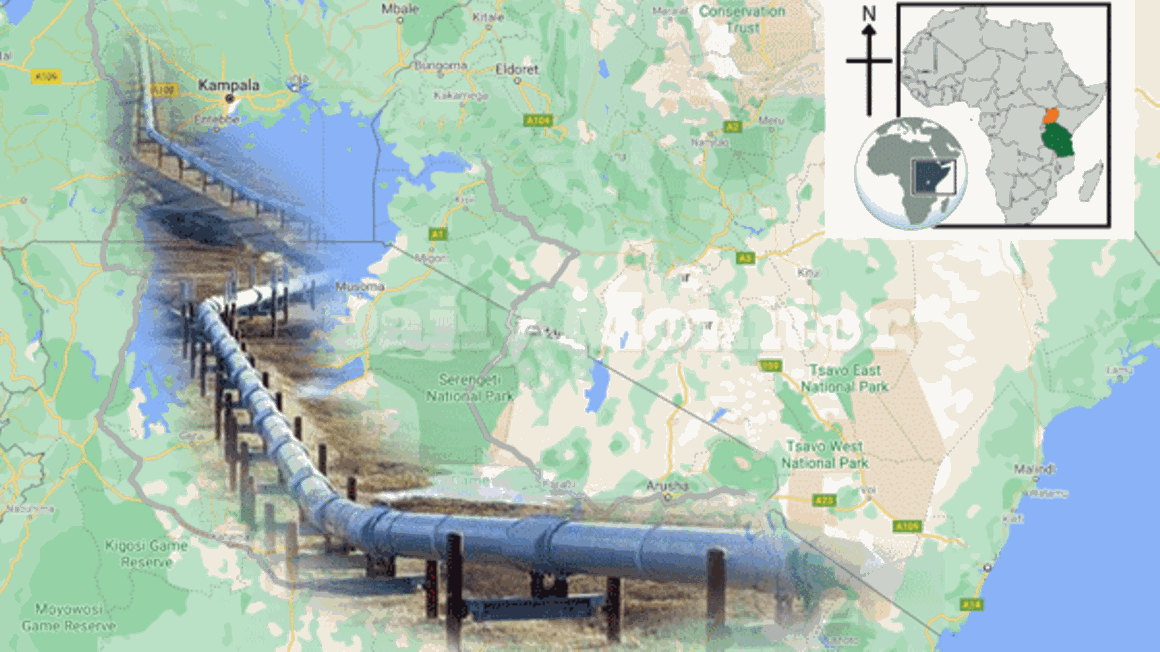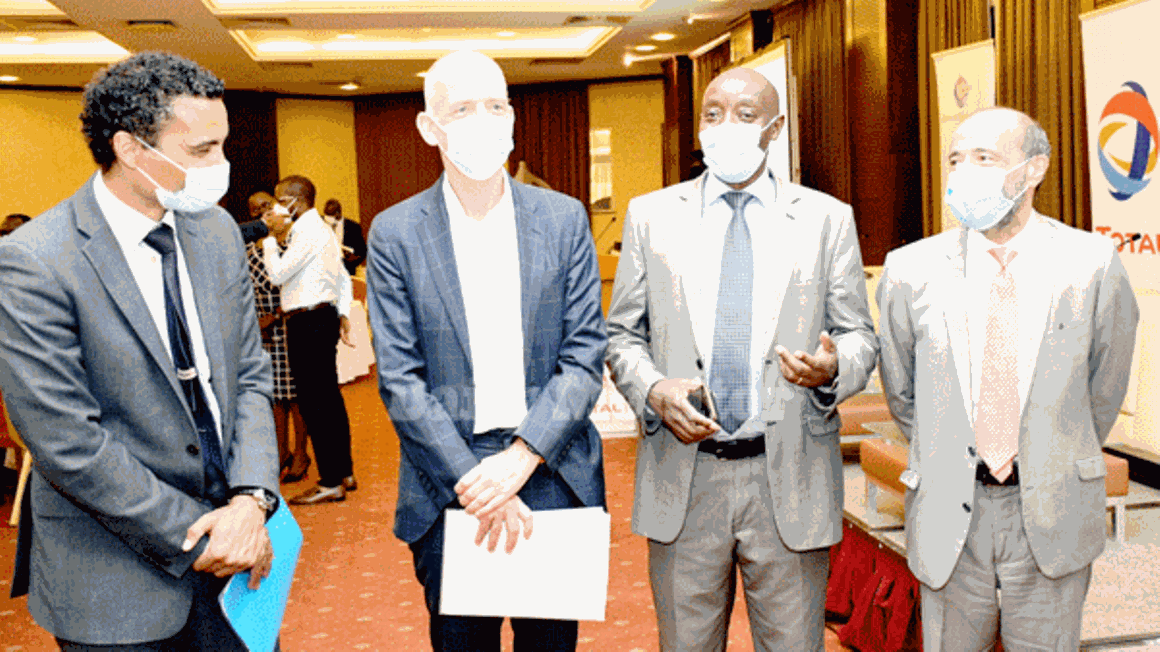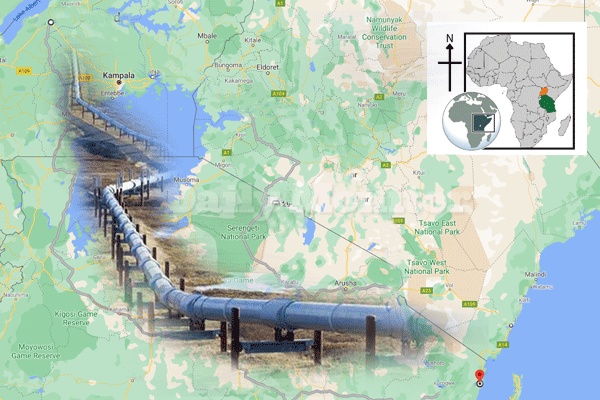Geza Ulole
JF-Expert Member
- Oct 31, 2009
- 59,146
- 79,298
- Thread starter
- #221
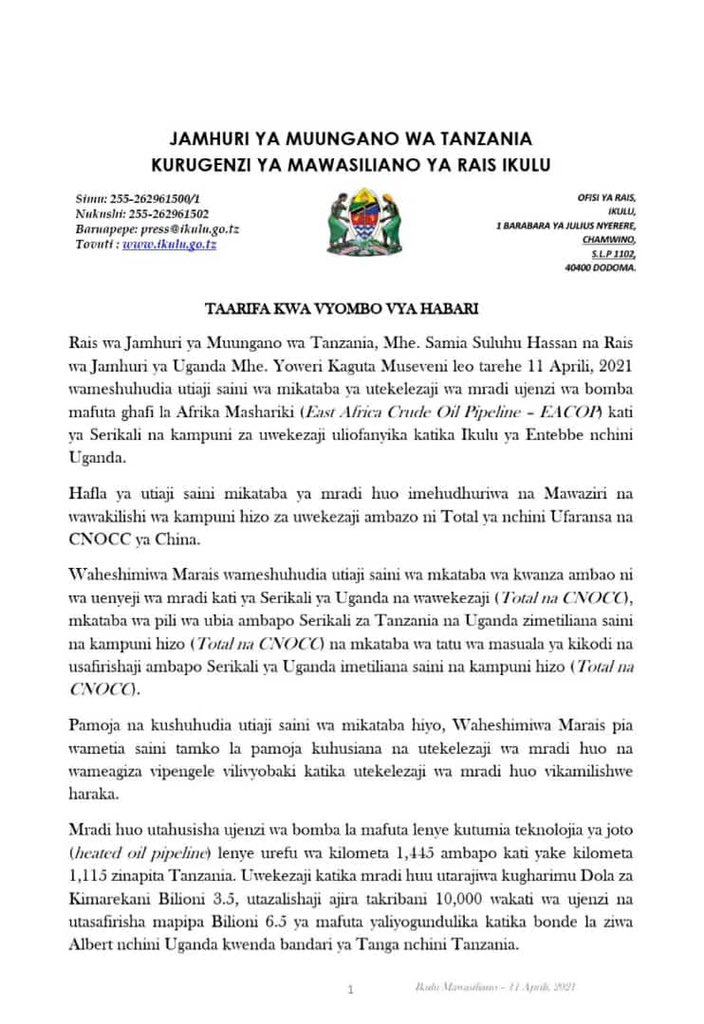
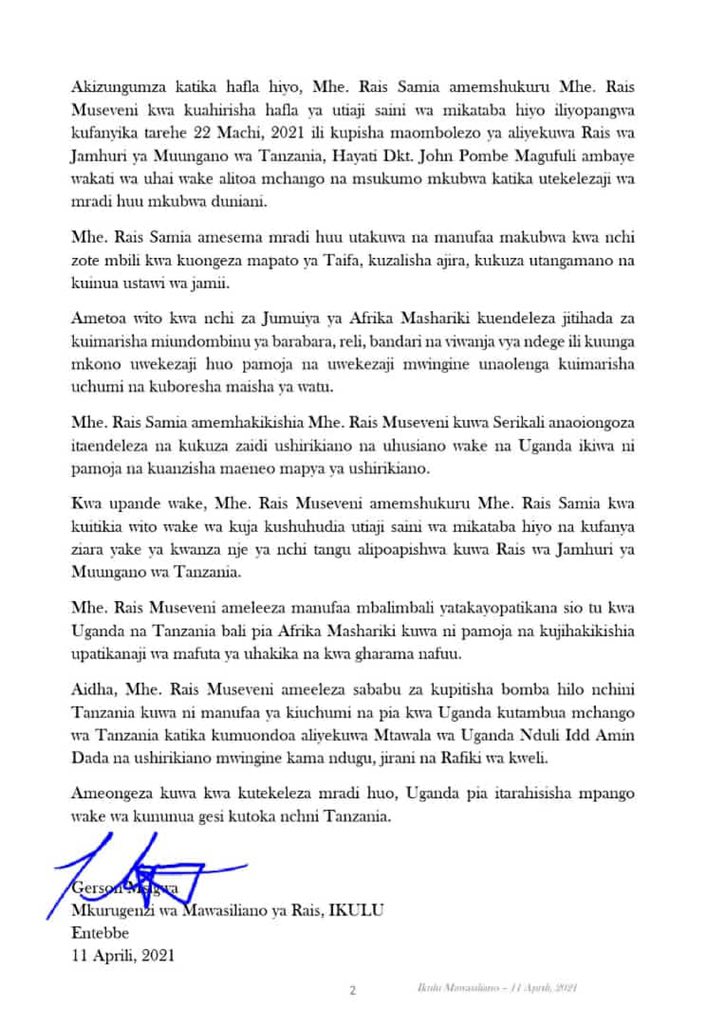


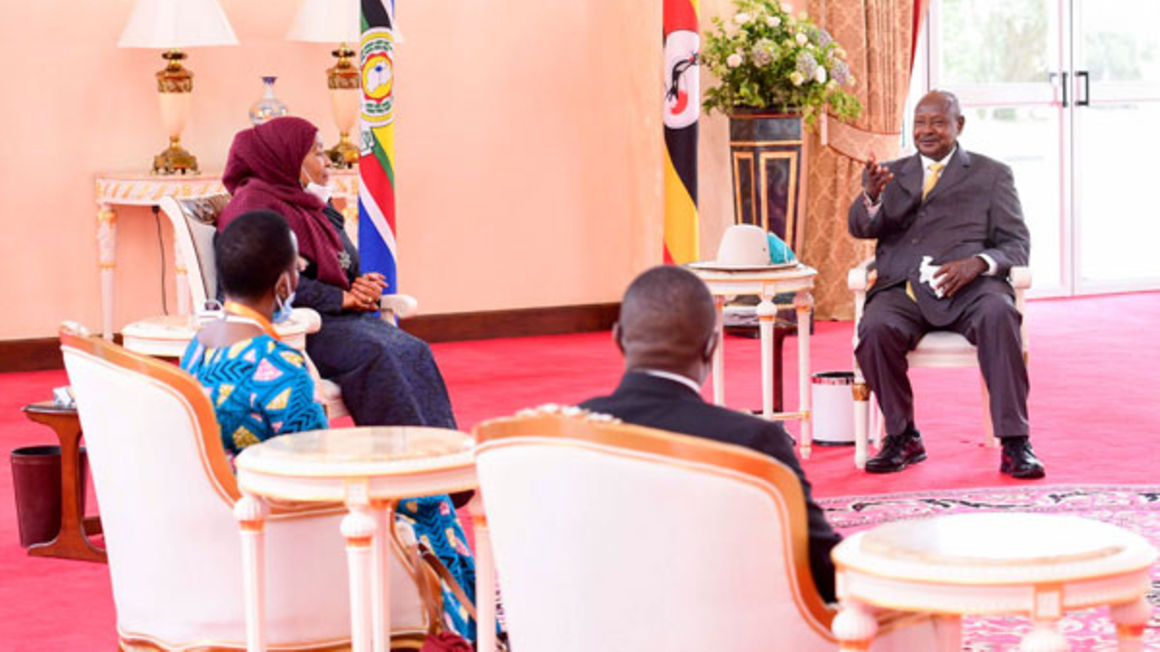
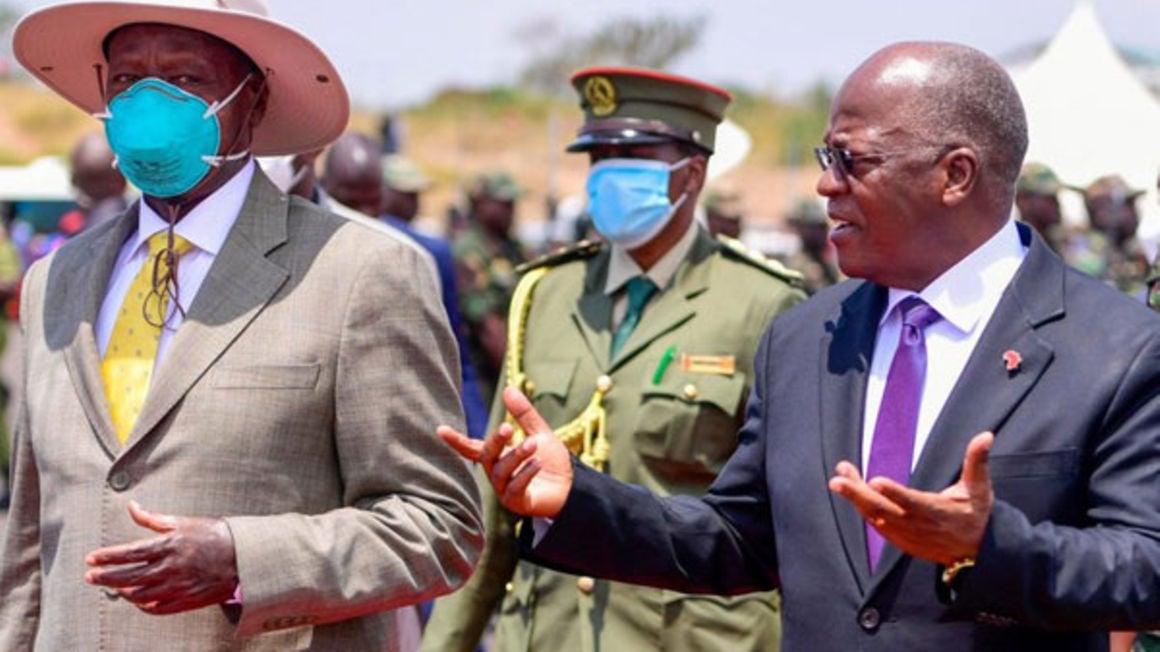
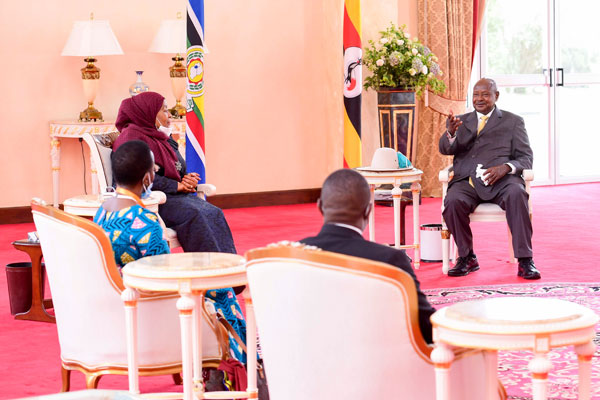
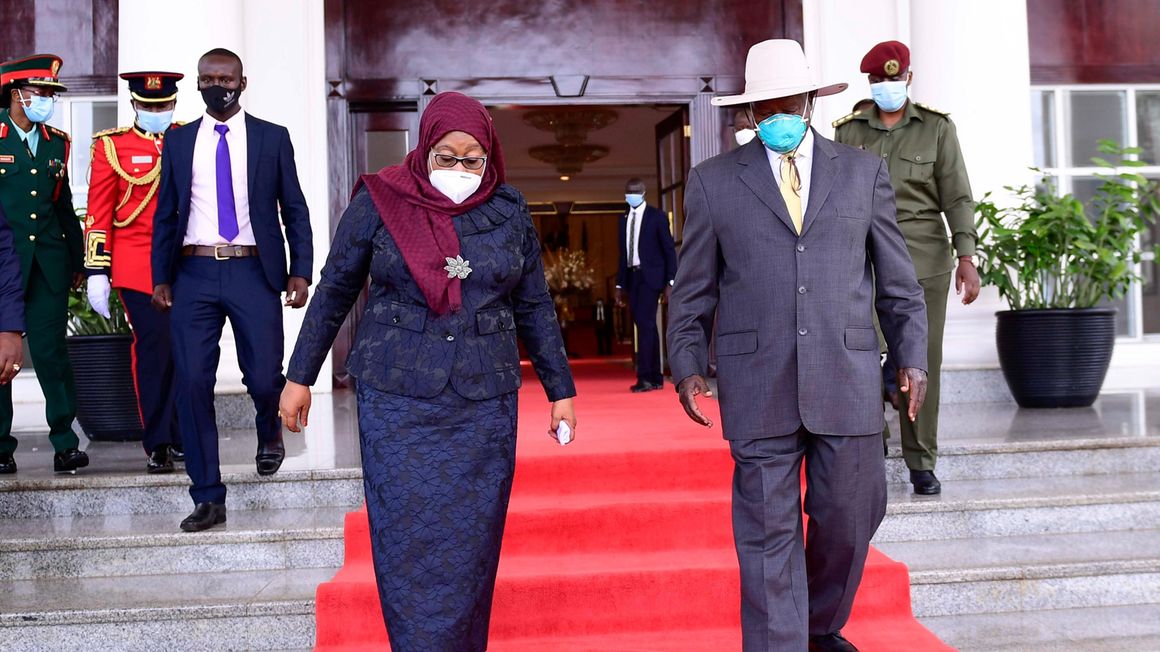

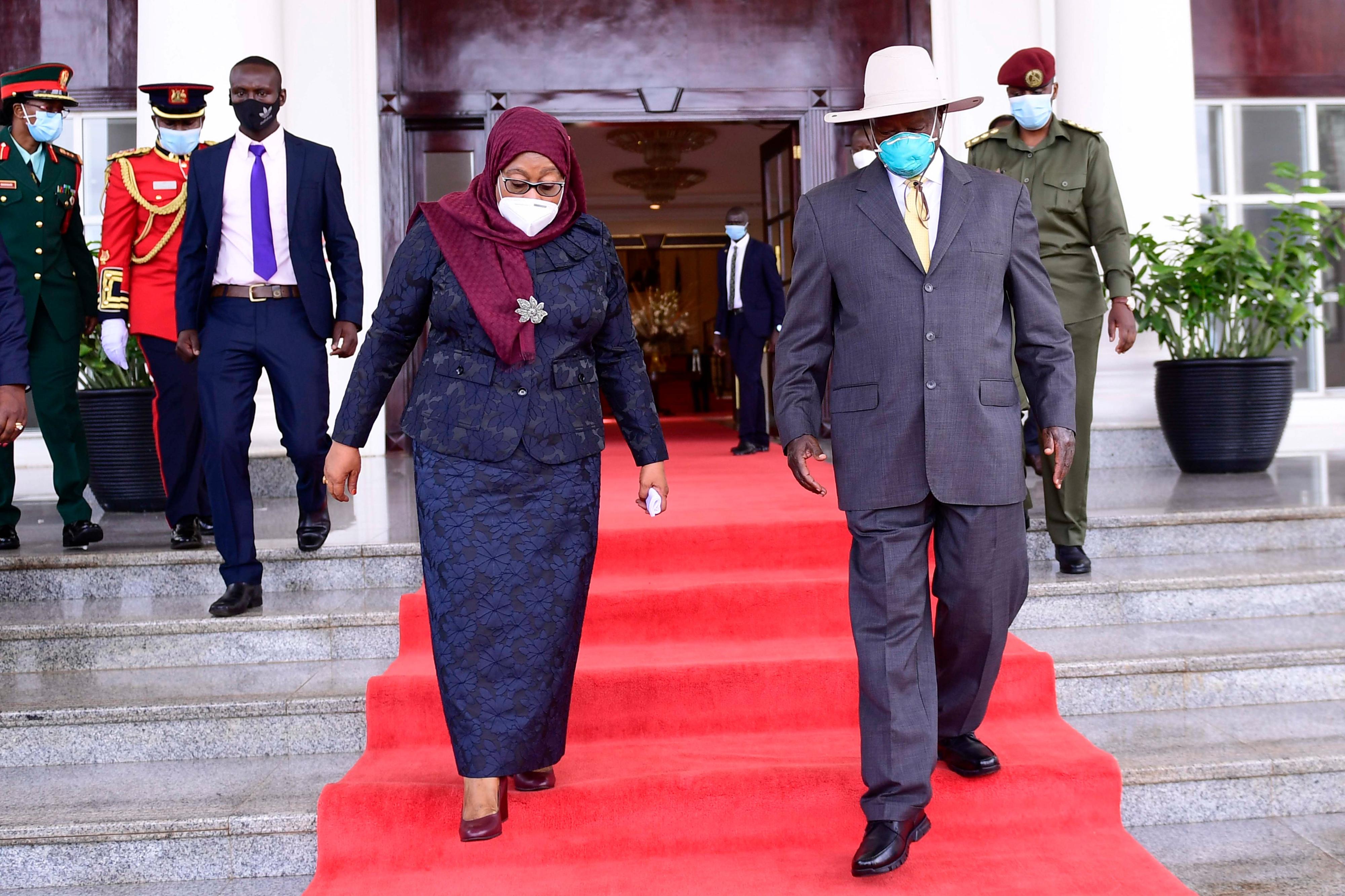
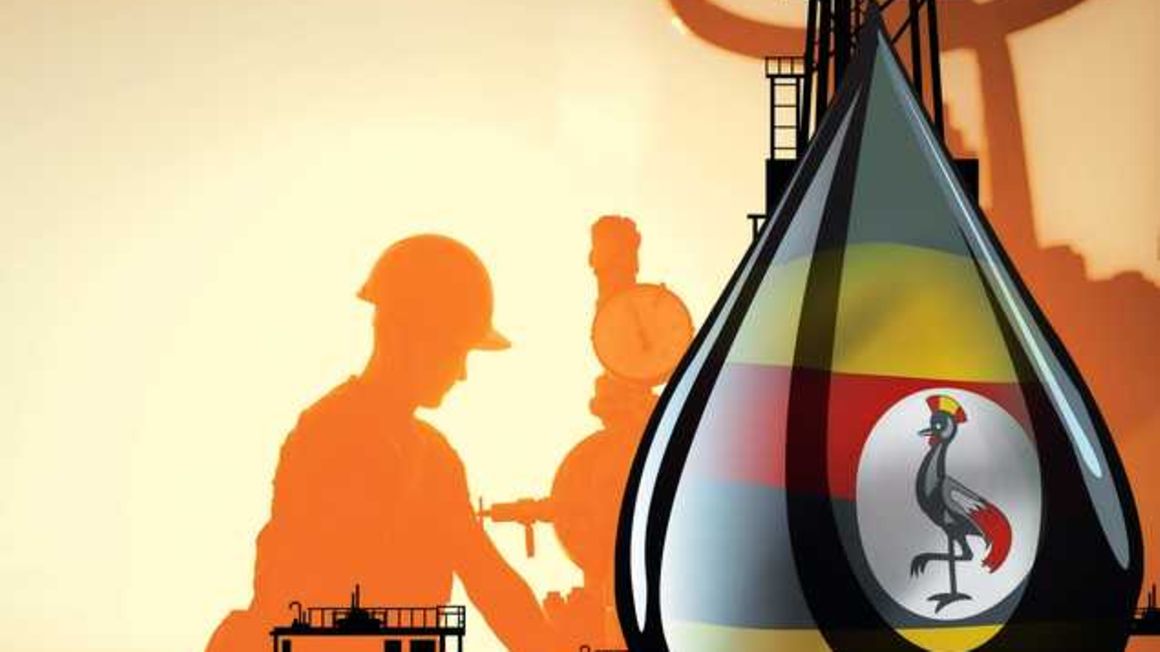

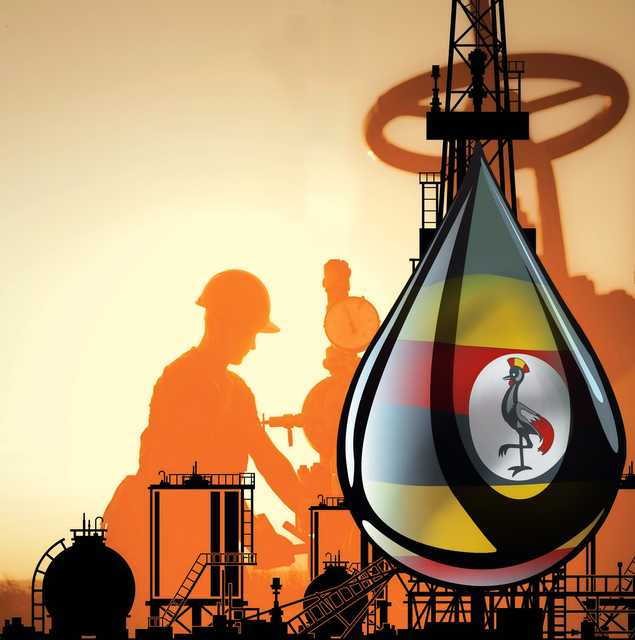
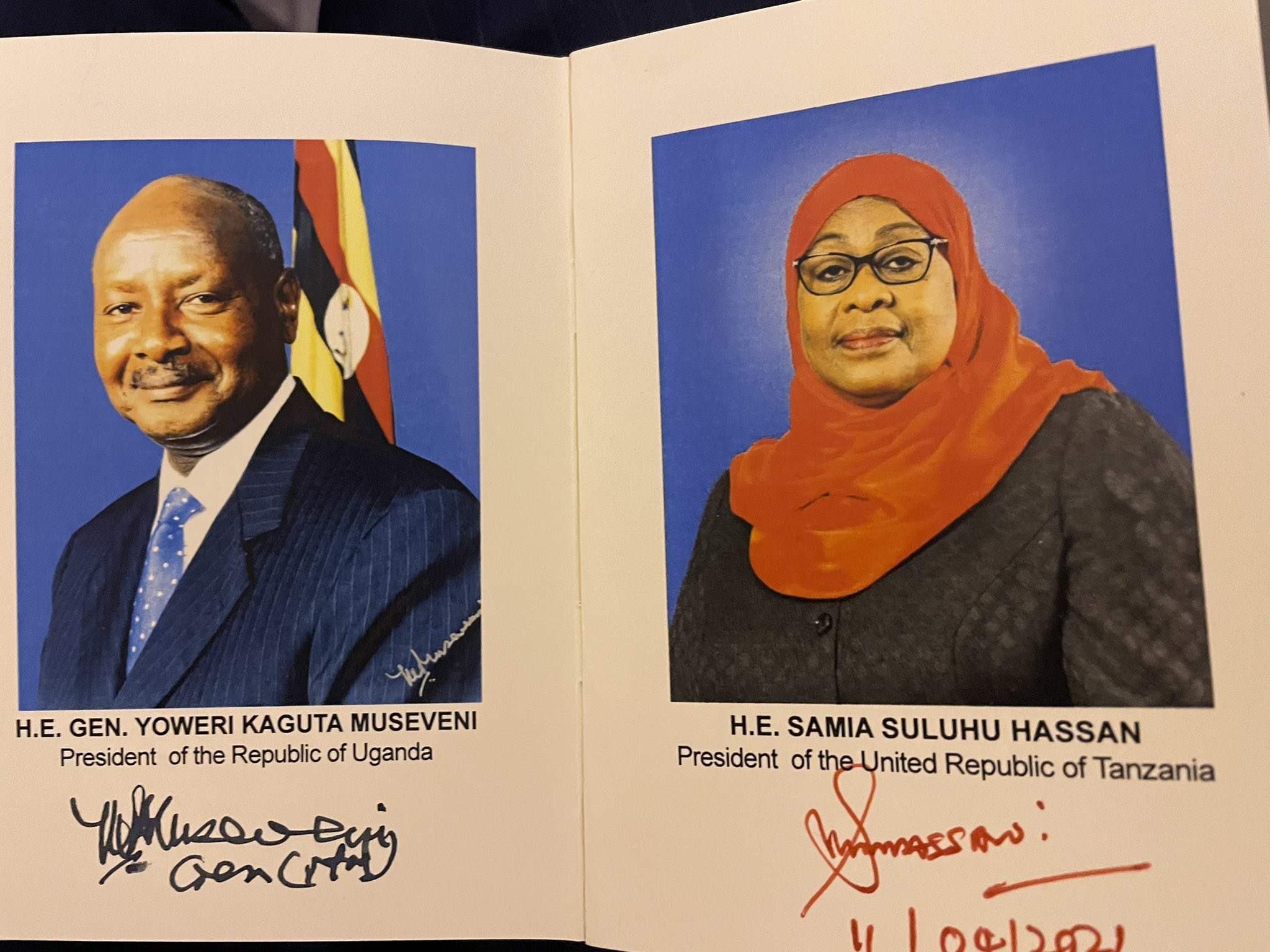
Kuna mpumbavu mmoja anadai ati Kenya can choose to hit hard on Tanzania as it has muscles!Hii pipeline imewauma sana
Hata mm nimemsikia nimecheka Sana,hivi,Kama mtu ana nguvu,iweje apigwe mbele ya mke wake alafu akimbie kuomba msamaha? Wanajifariji,Ila ukweli wanaujua.Kuna mpumbavu mmoja anadai ati Kenya can choose to hit hard on Tanzania as it has muscles!
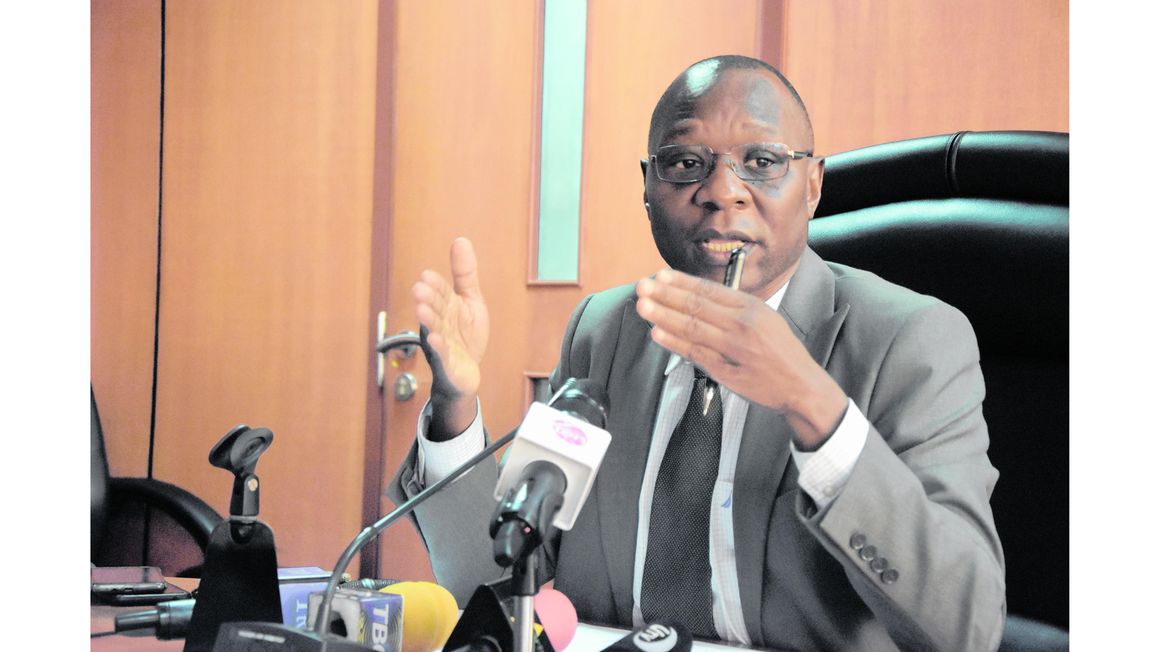

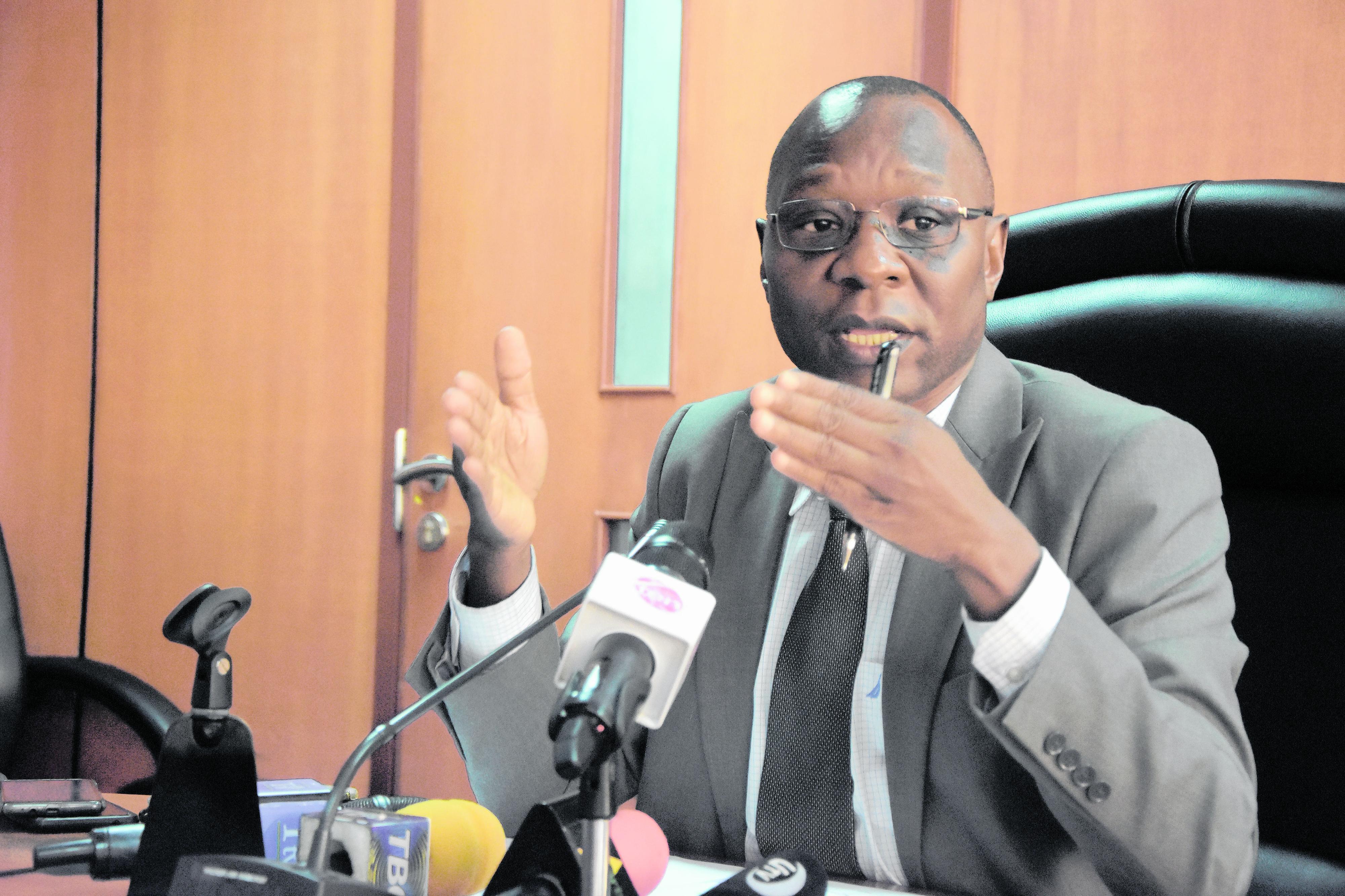
Wakenya sijui walitaka 50 % ndio waganda wakawakimbia sijui😂😂😂😂😂Oil pipeline construction ‘to start soon’
WEDNESDAY APRIL 14 2021

Tanzania Petroleum Development Corporation (TPDC) managing director, James Mataragio addressing the press conference in Dar es Salaam yesterday. PHOTO|ERICKY BONIPHACE

By Alfred Zacharia
More by this Author
Dar es Salaam. With theactual construction of the East African Crude Oil Pipeline (EACOP) scheduled to start any time this month, parties to the agreement have only three documents to complete in Tanzania.
The issues -- which Tanzania Petroleum Development Corporation (TPDC) says will be finalized before end of month -- include the signing of Host Government Agreement (HGA) between the government of Tanzania and investors, concluding the percentage of stake in ownership of the firm that the country (Tanzania) must take in the project and establishing the EACOP as a company.
On Sunday, President Samia Suluhu Hassan and her Ugandan counterpart Yoweri Museveni witnessed the signing of the EACOP in the Tripartite Project Agreement whereby all parties committed to the realization of the project for the benefit of all parties including the people of Tanzania and Uganda.
The agreement, signed a Uganda’s Entebbe State House, paves the way for the construction of a 1,440-km crude oil pipeline from Uganda’s Albertine region to Tanzanian seaport city of Tanga.
TPDC’s managing director James Mataragio said in Dar es Salaam yesterday that after signing of the HGA between Uganda and investors on April 11, 2021 in Entebbe, the same would be signed between Tanzania and investors before the end of this month.
“The HGA between investors and the government of Tanzania has been already discussed, agreed and initialled and at any time the signing date will be announced,” he noted.
However, the HGA cannot be signed without concluding the negotiations on the stake which Tanzania, through TPDC, should hold.
“In our HGA discussions, we suggested Tanzania, through TPDC, should take up 15 percent of the total shares. We are waiting for the cabinet to conclude and sign it,” he said.
According to him, Uganda through the Uganda National Oil Company (UNOC) holds 15 percent and CNOOC Limited holds eight percent of the total shares while Total as the main investor will take the remaining shares.
The country also has a task to register the EACOP Company which will be responsible with running the entire project.
“The construction of the crude oil pipeline is expected to begin this month and EACOP Company will take the responsibility for issuing various tenders regarding the project. The company will come into operations soon after signing the HGA,” he noted.
So far, Dr Matagio said the Shareholder Agreement for Total, CNOON, UNOC and TPDC has already been signed.
Other agreements which have already been signed by all parties include: Land Lease Agreement for Priority Areas, Land Lease Agreement for Chongoleani, Marine User Right Agreement for EACOP company, Chongoleani Marine Facility Agreement and Land Lease Agreement for Pipeline Corridor.
Dr Mataragio added that the EACOP Company will pay a total of Sh20.45 billion as compensation to people whose land will be taken for the implementation of the project.
“The Pipeline corridor area has a total size of 9,223.23 acres on the Tanzanian side, with 9,122 people who will leave their lands after being compensated,” he noted.
Dr mataragio said the country (Tanzania) will directly generate national income through various rents, during the construction and operational time of the project and Company’s expenditures of the newly Chongoleani Port (Tanga) which will be built soon.
Tanzanians will also generate incomes as individuals through various activities including employment and procurement of construction materials where some works ring-fenced Tanzanians only.
“Tanzanian investors will provide transport service to pipelines and other project equipment, security services, food and beverage services, hospitality services, human resource management, supplying fuel in the project and communication services,” he said.
A total of 350 kilometres of roads at different rates will be constructed within and out of the project area. The roads are estimated to cost $16 million (Sh36.94 billion).

Oil pipeline construction ‘to start soon’
With theactual construction of the East African Crude Oil Pipeline (EACOP) scheduled to start any time this month, parties to the agreement have only three documents to complete in Tanzania.www.thecitizen.co.tz
MY TAKE
Tanzania is to take up 15% stake in EACOP
CC: Tony254
